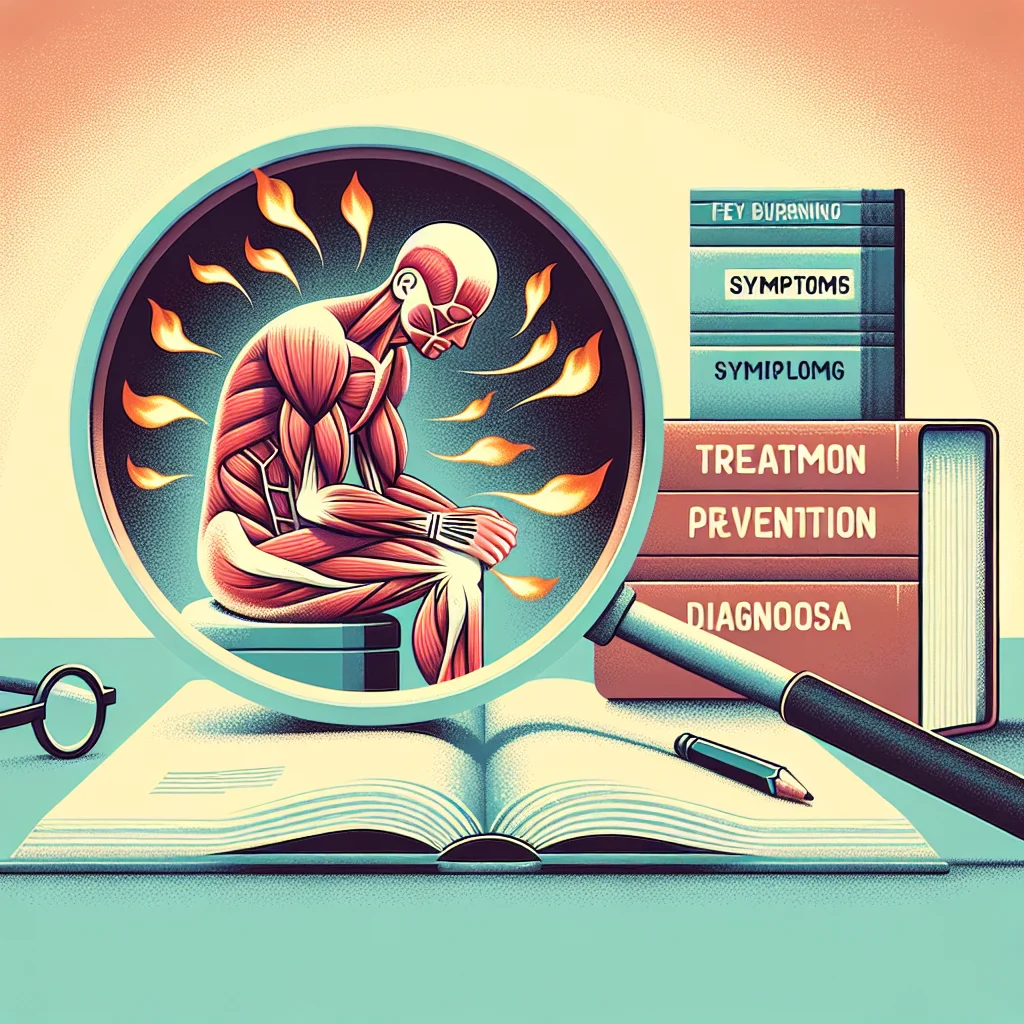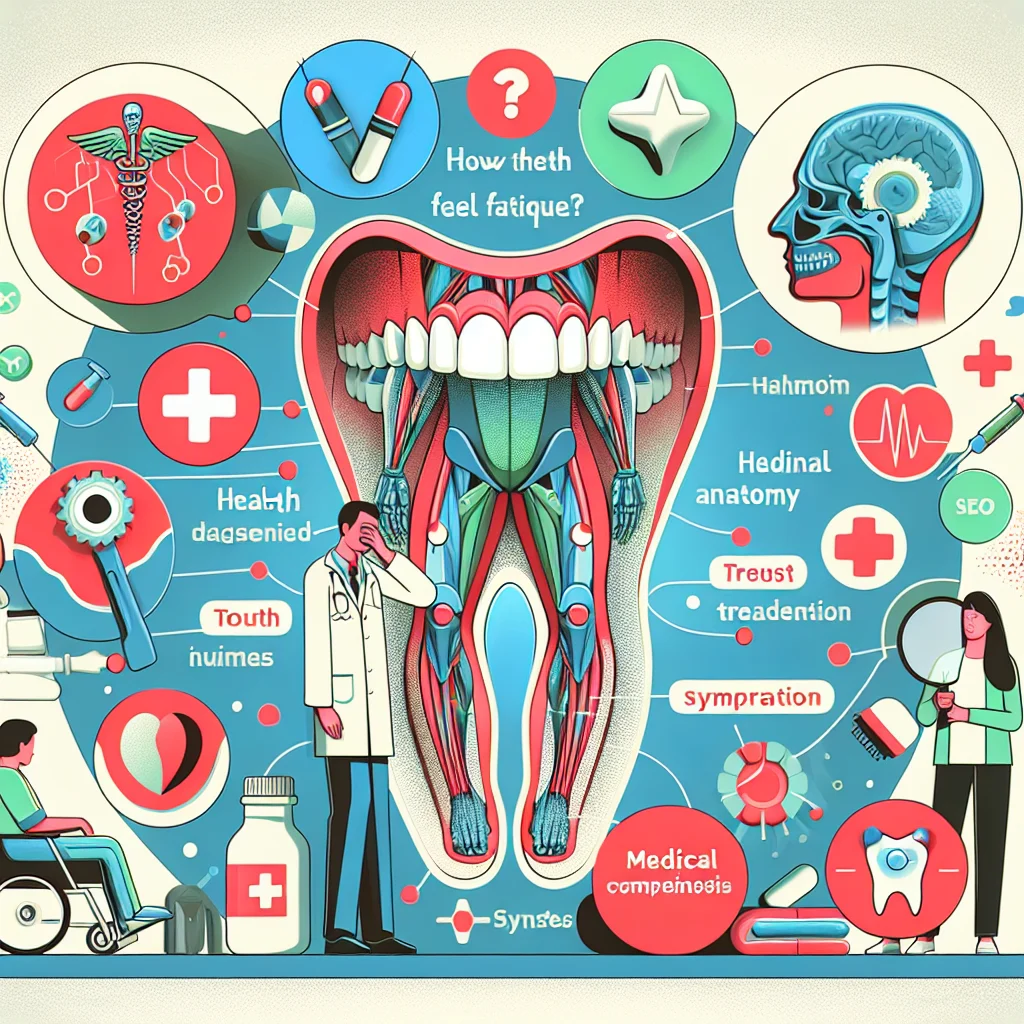
Possible Causes and Medical Insights
Feeling fatigue in your arms can be concerning, especially if it appears suddenly or persists without a clear reason. Common causes range from overuse and muscle strain after physical activity to more complex issues like nerve compression, poor circulation, or underlying medical conditions such as diabetes or thyroid disorders. In some cases, arm fatigue may be linked to repetitive motions or even stress and anxiety, which can contribute to muscle tension.
It's crucial to understand that arm fatigue can also signal more serious health concerns. Conditions such as carpal tunnel syndrome, cervical spine problems, or even heart-related issues can present with arm weakness or fatigue. By considering the context and associated symptoms, medical professionals can determine if the cause is benign or requires prompt attention. Always take note of accompanying signs like pain, numbness, or chest discomfort when assessing your arm fatigue.
Symptoms and Risk Factors
In addition to the primary sensation of tiredness or heaviness in the arms, you may experience other symptoms such as tingling, numbness, pain, or weakness. These symptoms can vary in intensity and duration, sometimes worsening with activity and improving with rest. People who perform repetitive arm movements, athletes, or those with sedentary lifestyles may be at higher risk of developing arm fatigue due to muscle strain or poor posture.
Risk factors like age, underlying chronic illnesses, or a history of nerve or joint problems can increase the likelihood of experiencing arm fatigue. Additionally, individuals with cardiovascular risk factors—such as high blood pressure, obesity, or smoking—should be especially attentive if arm fatigue is accompanied by other warning signs, as this may indicate a more serious underlying issue.
Diagnosis and When to See a Doctor
If your arm fatigue is persistent, unexplained, or associated with concerning symptoms like severe pain, numbness, chest pain, or shortness of breath, it's important to seek medical advice promptly. A healthcare provider will take a detailed history, perform a physical examination, and may order tests such as blood work, nerve studies, or imaging to identify the underlying cause. Early diagnosis is key to effective treatment and preventing complications.
Not all cases of arm fatigue require immediate medical attention, but if the fatigue interferes with daily activities, lasts more than a few days, or gets progressively worse, a professional evaluation is recommended. Timely consultation ensures that conditions like nerve compression or cardiovascular issues are not overlooked, and the appropriate management plan can be put in place for your health and peace of mind.
Prevention and Home Remedies
Preventing arm fatigue often involves adopting simple lifestyle changes. Regular stretching, proper ergonomics at work, and taking frequent breaks during repetitive tasks can significantly reduce the risk. Maintaining good posture and engaging in balanced physical activity also help strengthen the muscles and improve circulation, lowering the likelihood of fatigue and discomfort in the arms.
For mild cases, home remedies such as rest, applying ice or heat, gentle massage, and over-the-counter pain relievers can alleviate symptoms. Staying hydrated and ensuring adequate nutrition contribute to overall muscle health. However, it's essential not to ignore persistent or severe fatigue; if symptoms do not improve with home care or if they worsen, consult a healthcare professional for further evaluation and tailored treatment.














